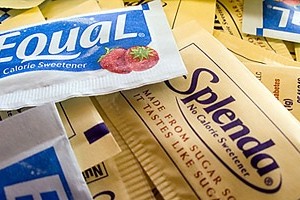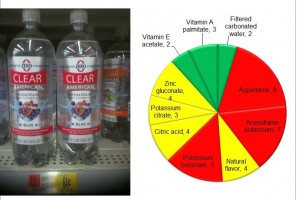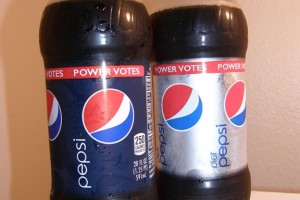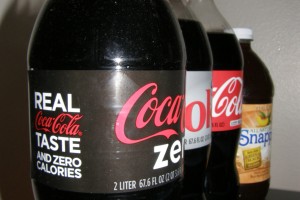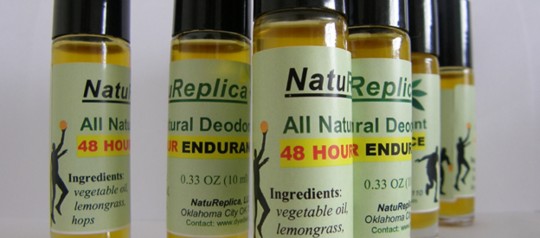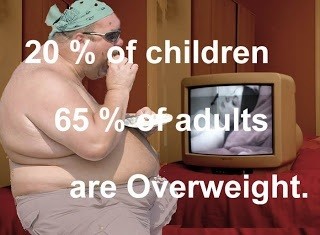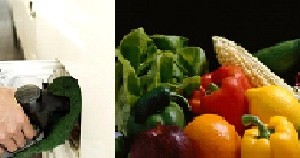
Crystal Light Energy Squeeze
I have already reviewed a number of popular energy drinks earlier. Here is simplistic and yet very straight forward analogy to consider. If your car doesn’t run very well there is a good chance that the quality of the gasoline is poor so either it doesn’t burn fast enough or it carries some stuff that […]

